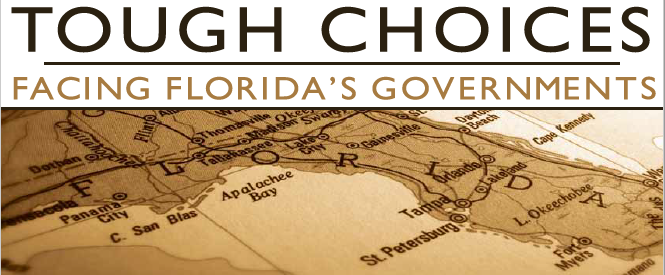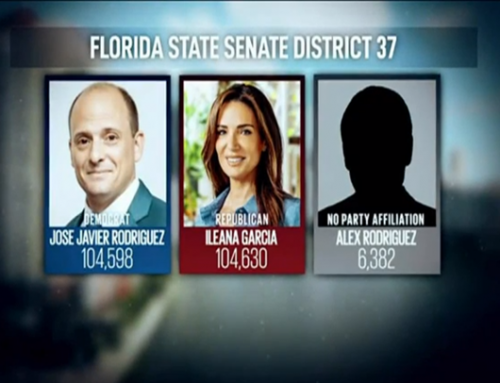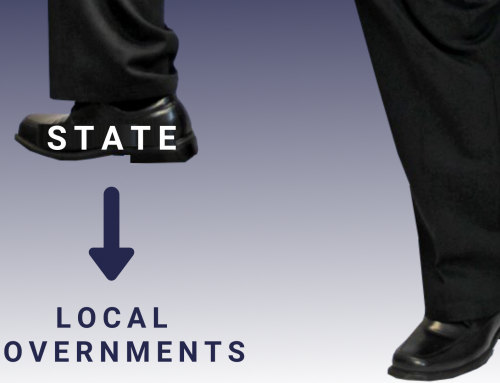Tough Choices: Best Practices in Campaign Finance and Public Access to Information
November 2012
Download the full PDF report here
Florida prides itself on being an open-government state and strives to make information available to citizens in a usable and understandable form. While the 2013 campaign finance reform law was a welcome first step, there remain areas where transparency and public access can be improved. As evidence, a recent scorecard from the National Institute on Money in State Politics gave the Sunshine State a “D” grade for disclosure requirements. This study explains the details of that report card and prescribes steps policymakers could take to improve Florida’s competitiveness on future report cards.
One of the important parts of the 2013 law is to set up a new website for transparency and public access to campaign finance information. However, as we know from recent problems with both national and state website rollouts, this is a difficult task. This study provides information and policy direction to the state to build on the 2013 law. It reviews recent Florida campaign finance law changes and compares Florida to other states in campaign finance and public access to information policies. Our review of campaign finance disclosure policies by state governments in the U.S. closely examines availability and usability of information, transparency websites, data formats, campaign contribution limits, state and local data connectivity and enforcement agencies.
This report from the LeRoy Collins Institute at Florida State University and Integrity Florida will help Floridians see what state-level campaign finance information is available in our state and how accessible that information is compared to other states. We also seek to contribute policy direction options for state and local government discussions about improving campaign finance disclosure practices. Several case studies are documented along with suggested best practices for the state legislature to consider.






